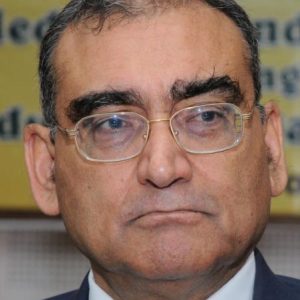
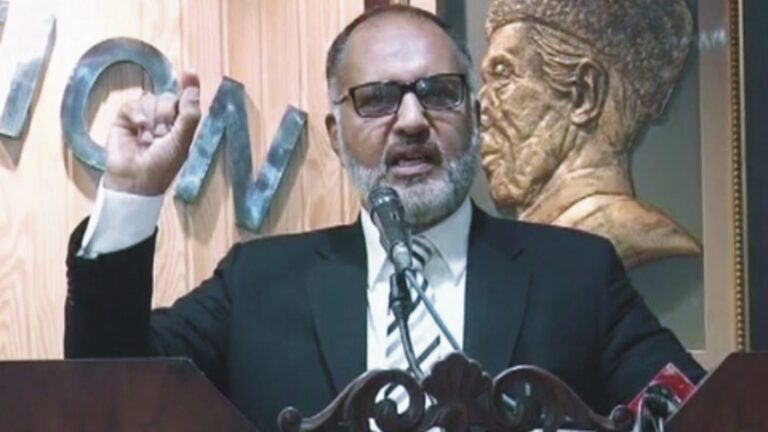
Justice Shaukat Aziz Siddique was a senior Judge of the Islamabad High Court in Pakistan. In course of time he would have become its Chief Justice by dint of seniority, and then possibly a Judge of the Pakistan Supreme Court.
But in 2018 he gave a speech to the Rawalpindi district court bar association in which he said that the Inter Service Intelligence (ISI) of the Pakistan army was interfering with the independence of the judiciary by pressurising it to give verdicts of its desire.
Now it is well known that in Pakistan the army is the real ruler, and speaking against it is dangerous. After giving this speech Justice Siddique sought an appointment with the Chief Justice of Pakistan, Justice Saqib Nisar, who refused to meet him. His own colleagues in the High Court turned their backs on him, and ostracised him. None came to attend his daughter’s wedding, though all were invited.
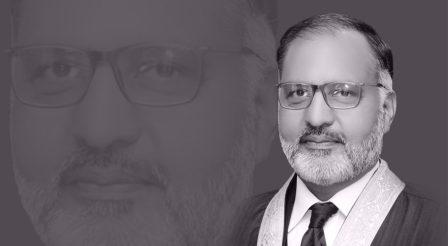 Justice Siddique was shunned by society, as if he were a leper, a pariah, or a criminal. No man was more alone.
Justice Siddique was shunned by society, as if he were a leper, a pariah, or a criminal. No man was more alone.
Ultimately he was dismissed from office by the Pakistan Supreme Judicial Council (SJC), a body presided over by the Chief Justice of Pakistan, and consisting of senior Supreme Court Judges, and senior Chief Justices of High Courts, who all shamelessly surrendered and prostrated themselves before before the almighty Pakistan army, rather than protect their colleague.
It was only in 2024 that the Pakistan Supreme Court reversed the verdict of the SJC, but by then the damage had already been done
Taking inspiration from the brave stand taken by Justice Siddique, recently 6 Judges of the Islamabad High Court wrote a letter dated 25th March 2024 to the Chief Justice of Pakistan and other senior Judges of the Supreme Court as well as the Chief Justices of Islamabad and Peshawar High Courts.
In para 6 of that letter they alleged serious and flagrant interference with judicial independence by the executive authorities, and referred to Justice Siddique’s courageous stand.
Justice Siddique’s brave stand to protect the independence of the judiciary reminds one of several similar historical examples worldwide.
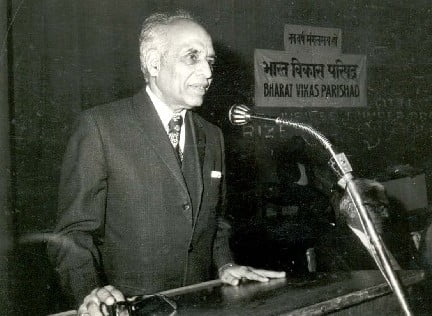
In India, Justice HR Khanna, the senior-most Judge of the Supreme Court, next only to the Chief Justice of India, who would have become the Chief Justice of India on the retirement of the incumbent, lost his prospect of becoming the CJI by refusing to join his 4 other colleagues on the 5 member bench who gave a flagrantly shameful and dishonest verdict (as desired by Prime Minister Indira Gandhi) that in an Emergency citizens had no right to life or liberty, vide ADM Jabalpur vs Shivakant Shukla, 1976.
In fact before going to Court to deliver his judgment, Justice Khanna told his wife that he was going to deliver a verdict which will cost him the Chief Justiceship, nevertheless he has to do his duty.
Another example is of Lord Atkin who said in his famous dissenting speech in Liversidge vs Anderson, 1942, when World War II was at its height, ”amidst the clash of arms, the laws are not silent”, and he went on to add that the satisfaction of the Home Secretary for ordering detention of a person even in wartime was objective and not subjective, and hence could be tested in a court of law.
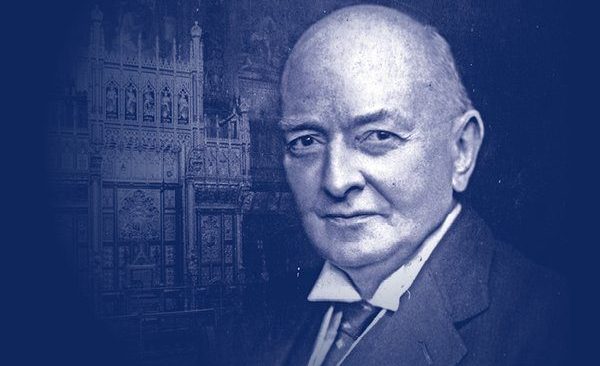
The potential power of this dissenting judgment was clearly recognised even before it was published. The Lord Chancellor, Viscount Simon, wrote to Lord Atkin asking him to amend his proposed speech. In what has been described as an example of great judicial courage, Lord Atkin refused to do so, and he was effectively ostracised by his judicial colleagues thereafter.
Yet another example of judicial courage is of Lord Coke, then Chief Justice of England, who in 1616, a time when Judges had no job security and remained in office only at the King’s pleasure, boldly told King James I that judges had to give judgments as per the law, not as directed by the king. For this, Lord Coke was sacked and sent to the Tower.
Inv 1896, the US Supreme Court delivered one of its worst decisions in Plessy vs Ferguson, laying down the devious ‘separate but equal’ doctrine, which validated and rationalised racial discrimination against blacks and apartheid for generations to come in America.
The sole dissenting judge, Justice Harlan, courageously refused to join his 7 colleagues in this shameful verdict, and used words in his dissenting judgment which still echo through the ages ”Our Constitution is colour blind ”.
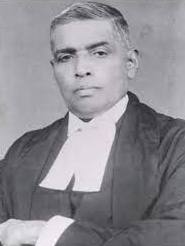
One may also refer to the dissent of the Indian Judge, Justice Radha Binod Pal, in the Tokyo Trials after World War II, in which he held the Japanese accused to be not guilty, and the majority verdict as a ‘victor’s justice’.. Justice Pal was the sole dissenting Judge, and his judgment was not allowed to be published for years.
Another example of judicial bravery is of the Chief Justice of Peshawar High Court, Mohammed Ibrahim Khan.
Last, but not least, was the conduct of Qazi Sirajuddin, Qazi-e-Subah of Bengal in 1490, in whom fear of God prevailed over fear of the Sultan.
Long live Justice Shaukat Aziz Siddique! ![]()
__________
Also Read:
Hai, Modi kitna bura hai! (Agreed. But…)
Three New Criminal Laws – Some Flaws That Are Prone To Gross Misuse And Abuse
The effect of religious polarisation in India
Congress – Where is it heading?
AI To Help Win Electoral Battles
A great judgment by the Indian Supreme Court
Shilanyas was a mistake, but Rajiv was not aware of unlocking Babri
Assam and West Bengal: BJP’s contradictory stand on CAA in two neighbouring states

Disclaimer : PunjabTodayTV.com and other platforms of the Punjab Today group strive to include views and opinions from across the entire spectrum, but by no means do we agree with everything we publish. Our efforts and editorial choices consistently underscore our authors’ right to the freedom of speech. However, it should be clear to all readers that individual authors are responsible for the information, ideas or opinions in their articles, and very often, these do not reflect the views of PunjabTodayTV.com or other platforms of the group. Punjab Today does not assume any responsibility or liability for the views of authors whose work appears here.
Punjab Today believes in serious, engaging, narrative journalism at a time when mainstream media houses seem to have given up on long-form writing and news television has blurred or altogether erased the lines between news and slapstick entertainment. We at Punjab Today believe that readers such as yourself appreciate cerebral journalism, and would like you to hold us against the best international industry standards. Brickbats are welcome even more than bouquets, though an occasional pat on the back is always encouraging. Good journalism can be a lifeline in these uncertain times worldwide. You can support us in myriad ways. To begin with, by spreading word about us and forwarding this reportage. Stay engaged.
— Team PT


Copyright © Punjab Today TV : All right Reserve 2016 - 2024 |